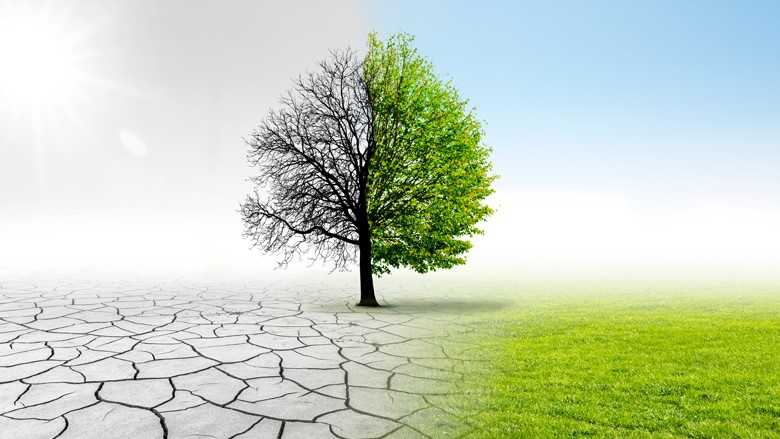
At Verde EV solutions we believe everyone have a duty to do their bit to slow down climate change. Our Co-founder Mohammed Anbouche contributed his time and effort planting over 15000 trees round the Suffolk border, as part of new progressive project. The projects’ aim is to help wildlife repopulated in these areas and to decrease carbon emissions.
Climate Change
When it comes to climate change, it is clear: native woods and trees are one of the best ways to tackle the climate crisis.
The Role of Woods and Trees in the Fight Against Climate Change
The benefits of trees in the fight against climate change are now well understood.
They lock up carbon, reduce pollution and flooding, and support people, wildlife and farming in adapting to the climate crisis.
But we need more of them. If the UK is to reach its carbon neutral target by 2050, the Committee on Climate Change has recommended an increase in woodland cover from 13% to 19%.
Woods and trees are a natural solution to the climate crisis.
13%
That’s how low the UK’s woodland cover is.
Compared with the EU average of 37%.
19%
That’s how much woodland cover the UK needs.
If the UK is to meet its carbon net zero target by 2050.
What you can do
Plant Trees.
So, Why Trees?
It is clear: trees are one of the best ways to tackle the climate crisis.
Science shows that woods and trees combat the devastating effects of climate change: flooding, pollution, and extreme weather and temperature. They are also the ultimate carbon captors, absorbing atmospheric carbon and locking it up for generations.
Cut Your Carbon Footprint.
Are electric vehicles greener?
The short answer is yes.Experts broadly agree that electric vehicles create a lower carbon footprint over the course of their lifetime than do cars and trucks that use traditional, internal combustion engines.
Eat Less Meat and Dairy
Avoiding meat and dairy products is one of the biggest ways to reduce your environmental impact on the planet. Studies suggest that a high-fibre, plant-based diet is also better for your health – so it can be a win-win.
Eat fewer or smaller portions of meat, especially red meat, which has the largest environmental impact, and reduce dairy products or switch them for non-dairy alternatives .
Try to choose fresh, seasonal produce that is grown locally to help reduce the carbon emissions from transportation, preservation and prolonged refrigeration.
Cut Back on Flying
If you need to fly for work, consider using video-conferencing instead. For trips in the same country or continent, take the train or explore options using an electric car.
When flying is unavoidable, pay a little extra for carbon offsetting.
For leisure trips, choose nearby destinations, and fly economy – on average, a passenger in business class has a carbon footprint three times higher than someone in economy.
Reduce Your Energy Use, and Bills
Small changes to your behaviour at home will help you use less energy, cutting your carbon footprint and your energy bills:
Put on an extra layer and turn down the heating a degree or two.
Turn off lights and appliances when you don’t need them.
Replace light bulbs with LEDs or other low-energy lights.
Make simple changes to how you use hot water, like buying a water-efficient shower head.
Go Further
Make sure your home is energy efficient. Check the building has proper insulation, and consider draught-proofing windows and doors. If you are in rented accommodation, lobby your landlord to make sure the property is energy efficient.
Switching energy supply to a green tariff is a great way to invest in renewable energy sources – and could save you money on bills too.
Cut Consumption – and Waste
Everything we use as consumers has a carbon footprint.
Avoid single-use items and fast fashion, and try not to buy more than you need.
Shop around for second-hand or quality items that last a long time.
Put your purchasing power to good use by choosing brands that align with your new green aspirations.
Try to Minimise Waste
Repair and reuse.
Give unwanted items a new life by donating them to charity or selling them on.
Avoid wasting food.
Talk About the Changes you Make
As you make these positive changes to reduce your environmental impact, share your experience with your family, friends, customers and clients. Don’t be a bore or confrontational. Instead, talk positively, and be honest about the ups and downs.